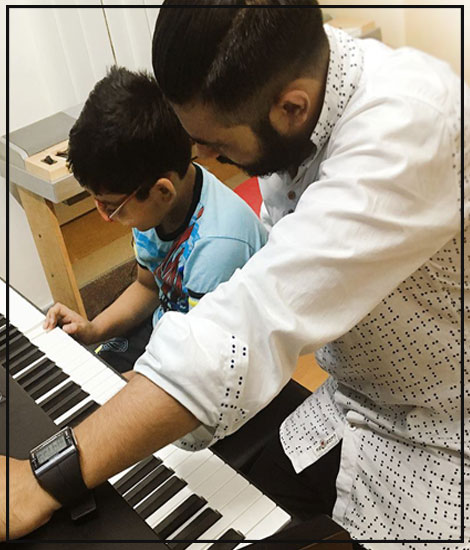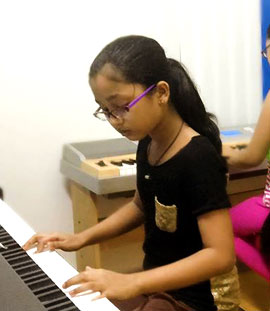How to choose an instrument
A. What kind of music do you like?
B. In what sort of situations do you see yourself playing?
C. What are the limitations of your budget?
D. What sort of practice space do you have?
E. How easy will it be to find a teacher?
F. What kind of time do you want to put into the instrument?
G. What are your physical limitations?
H. Do you want to play and sing at the same time?
I. Do you want to learn to read music?
J. Do you want to be the leader of the band?
k. Are there folks around to play with?.
Some more tips for choosing an instrument -
A. Choose your instrument carefully. If you don't really love it, you'll never stick with it. Don't compromise if you don't have to.
B. It'll be awhile before you're any good. Have reasonable expectations for yourself, and remember that the learning curve for different instruments is shaped differently. Reaching the point at which you can strum a simple set of chords on a ukulele will take less time than playing a simple melody on the violin. Don't let it discourage you if it takes awhile, no matter what instrument you're on.
C. Don't believe the hype that learning an instrument is much easier for a child than it is for an adult. Sure, kids have some brain plasticity that lets them build neural pathways more easily than we grown folks can, but we've got a few things on them: we're better at practicing, we've (theoretically) learned how to manage our time, we take things seriously (especially when a big financial commitment is involved), and we are more likely to really love the instrument we've chosen. Hard work is no joke -- it really does pay off.
What You ultimately Need -
An instrument and accessories
A teacher or an excellent plan for self-teaching.

